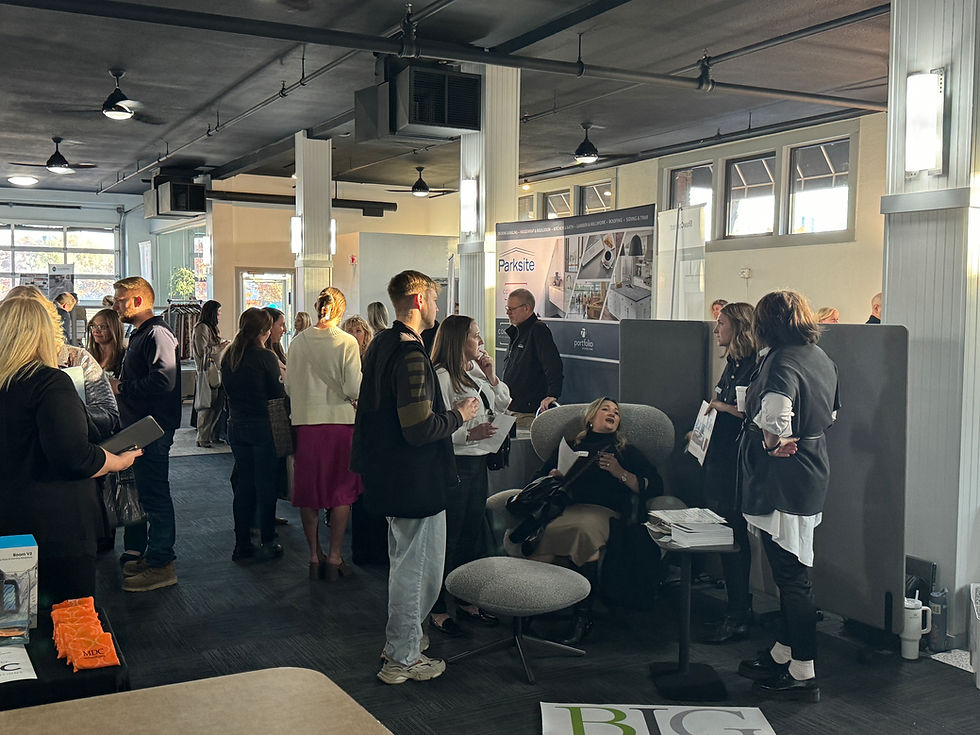Toledo's THRIVE RECAP
- iidatoledocommun
- Nov 10, 2021
- 2 min read
INTRODUCTION
In August 2021, the International Interior Design Association (IIDA) Ohio Kentucky Chapter’s Thrive Roundtable Event brought firm leaders together in-person and virtually to discuss the biggest issues facing the profession and region, and the role IIDA can play in providing more support for leaders, staff, and firms. Moderated by Cheryl Durst, Executive Vice President and Chief Executive Officer of IIDA, the event took place over the course of three days across five cities including Toledo, Cleveland, Columbus, Cincinnati, and Louisville.
Topics focused on the impact of the COVID-19 pandemic on the workplace, client relationships, and community, as well as strategies for positive change and the future of the industry. Discussions brought to light experiences and challenges unique to each city, as well as those ubiquitous among all. Discussions also provided insight on how firms have been evaluating and approaching equity, diversity, and inclusion not only in the workplace, but also in the professional field. Members shared with each other revelatory moments they faced at home and in their career, the ways in which they have personally and professionally navigated the pandemic, and how their respective organizations have, and continue to, evolve in its wake.
KEY TAKEAWAYS FROM TOLEDO
Cultural shifts in the workplace, which include more flexible hours and remote work options, have been widely positive. Firms have been successfully attracting and retaining talent, offering improved work-life balances.
Equity and inclusion have also become more of a focal point. IIDA Toledo has partnered with the Toledo Design Collective to promote educational initiatives/activities that engage marginalized communities.
Biggest issues reported by leaders:
Uncertain about the future, clients are struggling to define their needs, looking to designers for answers that they (the designers) do not have.
On-boarding and training for new hires working remotely is inadequate, resulting in a lack of institutional knowledge and ability to “read the room.”







Comments